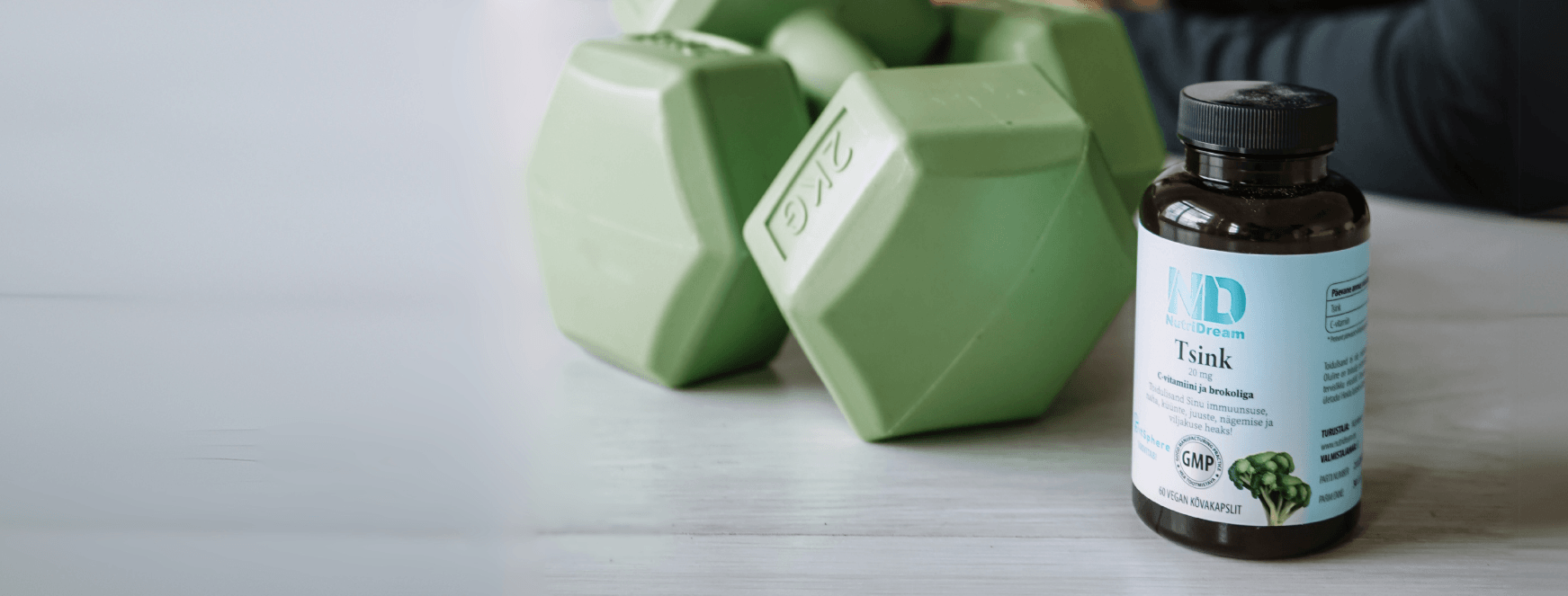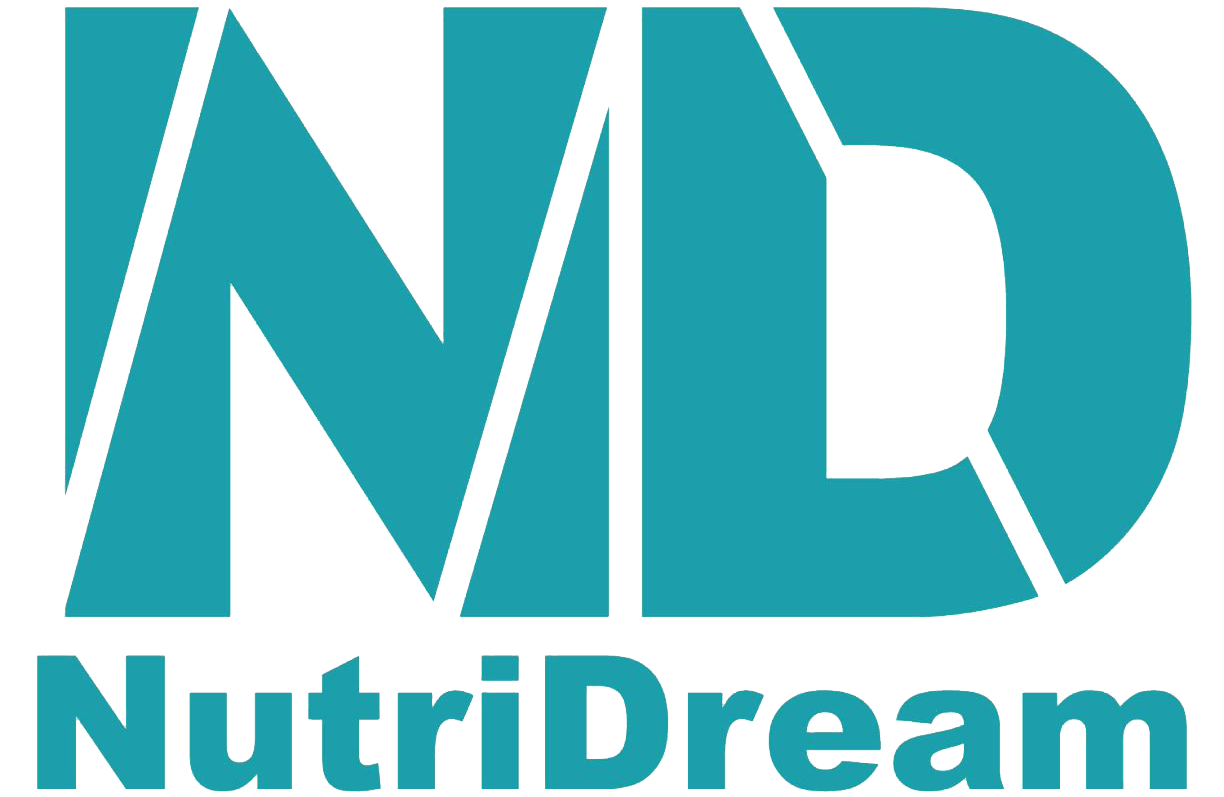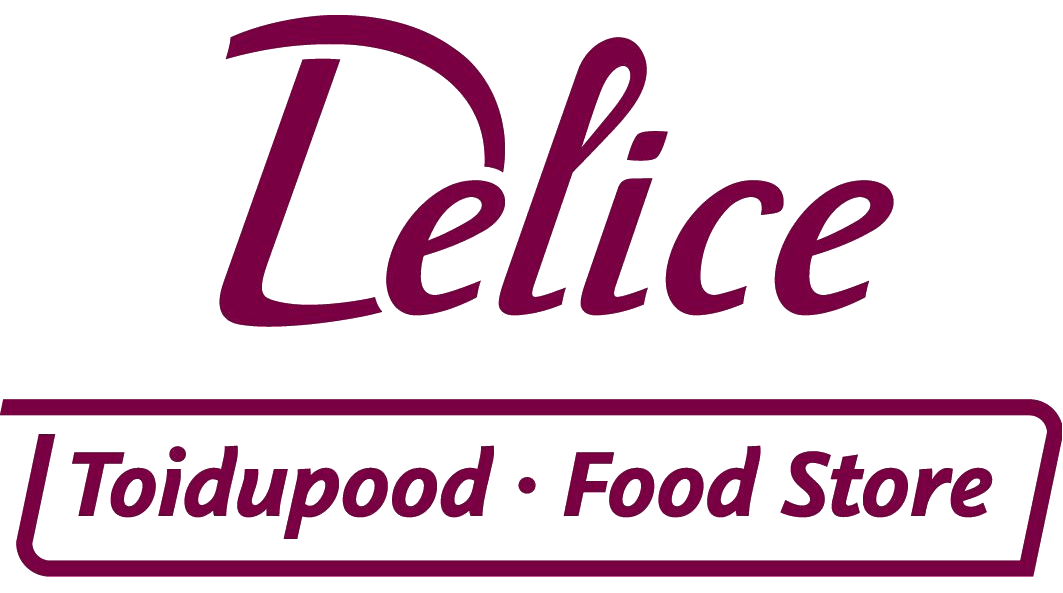10 science-based fascinating facts about zinc

10 science-based fascinating facts about zinc
Zinc is an essential micronutrient essential for growth, development and maintenance of immune function. Its influence reaches all organs and cell types, making up approximately 10% of all protein compounds in the human body and involving hundreds of important enzymes. Zinc is necessary for the functioning of more than 300 enzymes that contribute to metabolism, digestion, nerve function and many other processes. In addition, it is critical for the development and function of immune cells.
In fact, zinc is the second most abundant mineral in our body after iron and is found in every cell.
Here are 10 science-based facts about zinc that may surprise you and make you reconsider your diet.
-
Zinc deficiency affects millions of people worldwide
Around two billion people worldwide are estimated to suffer from zinc deficiency. In developing countries, zinc deficiency is the 5th leading cause of reduced healthy life years. In welfare countries, zinc deficiency mainly affects the elderly population. Nearly 30% of elderly people are thought to be zinc deficient. -
Zinc is a powerful antioxidant and boosts immunity
Zinc is essential for the proper functioning of the immune system. Studies have shown that zinc deficiency can prevent white blood cells, especially T cells, from working effectively to fight disease. Zinc supplements have been found to stimulate immune cells and reduce oxidative stress. For example, a review of seven studies found that 80 to 92 milligrams (mg) of zinc per day can reduce the duration of a cold by up to 33%. -
Zinc supports wound healing
Zinc (e.g. zinc oxide ointment) can be used to treat burns, certain ulcers and other skin injuries. Because this mineral plays an important role in collagen synthesis, immune function and inflammatory response, it is necessary for tissue repair.
For example, in a 12-week study in 60 people with diabetic foot ulcers, those treated with 50 mg of zinc per day experienced significant reductions in ulcer size compared to a placebo group. -
Zinc improves the sense of smell and regulates the sense of taste
Zinc is important for enzymes and other protein compounds responsible for taste and smell. Zinc deficiency can reduce the sense of taste or even cause a loss of taste. -
Zinc can reduce the risk of several diseases
Zinc can significantly reduce the risk of diseases such as pneumonia, infection and age-related macular degeneration. Zinc may relieve oxidative stress and improve immune response by boosting the activity of T-cells and natural killer cells, which help protect your body from infection. Older adults who supplement with zinc in some older studies experience improved influenza vaccination response, reduced risk of pneumonia, and boosted mental performance. In fact, one 2007 study determined that 45 mg per day of elemental zinc may decrease the incidence of infection in older adults by nearly 66%. -
Zinc lowers the level of inflammation in the body
Zinc reduces oxidative stress and the levels of certain inflammatory proteins in your body.
Oxidative stress causes chronic inflammation, which contributes to many chronic diseases such as heart disease, cancer, and mental health problems.
In a 2010 study in 40 older adults, those who took 45 mg of zinc per day experienced greater reductions in inflammatory markers than a placebo group. -
Excess zinc is rare but can be dangerous
Although zinc deficiency is more common, excess zinc intake can cause weakness, nausea, headache and stomach cramps. Taking too much of a zinc supplement can interfere with the absorption of other minerals, such as iron. The recommended daily intake of zinc obtained from food is 9 mg, but doses obtained from food supplements can be increased up to 40 mg per day. -
Zinc supports fertility
Zinc plays an important role in both male and female reproductive health. In men, zinc is necessary for the production and quality of sperm, while in women it is an important component in many processes that regulate the growth of female germ cells, fertility and pregnancy. -
Zinc is helpful in fighting acne
Acne is a common skin condition that is estimated to affect up to 9.4% of the world’s population. Acne is driven by obstruction of oil-producing glands, bacteria, and inflammation. Studies suggest that both topical and oral zinc treatments can effectively treat acne by reducing inflammation, inhibiting the growth of P. acnes bacteria, and suppressing oil gland activity. Additionally, it has been found that people with acne tend to have lower zinc levels. -
The body does not store zinc
Unlike some other minerals, zinc is not stored by the human body, which means it must be consumed regularly through food or supplements. Foods rich in zinc are liver, pork and beef, sunflower seeds, cheese, legumes and bread.
NutriDream Zinc supplement
NutriDream has a Zinc which is combined with vitamin C and broccoli sprout extract. Together, they form a powerful set of antioxidants that help strengthen immunity, fight inflammatory processes in the body and reduce the risk of many diseases. Zinc (20 mg) capsules with vitamin C and broccoli are suitable for use:
-
For both women and men
-
To strengthen immunity, especially in the autumn and winter period
-
To support fertility
-
For the growth and strengthening of nails and hair
-
For the formation of collagen in the skin
-
To maintain normal vision
Zinc is a powerful mineral with roles ranging from supporting the immune system to improving skin health. Make sure you have enough zinc-rich foods in your menu, or consult a specialist if you’re considering zinc supplements.
Author: Nutritional therapist Diana Zintšenko
Used sources:
https://www.healthline.com/nutrition/zinc
https://pubmed.ncbi.nlm.nih.gov/33598687/












